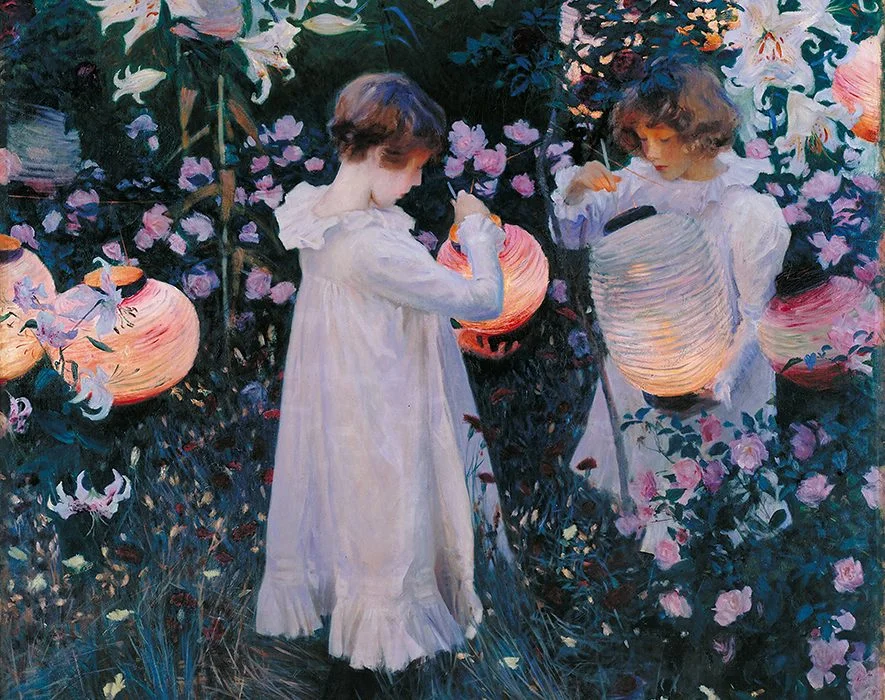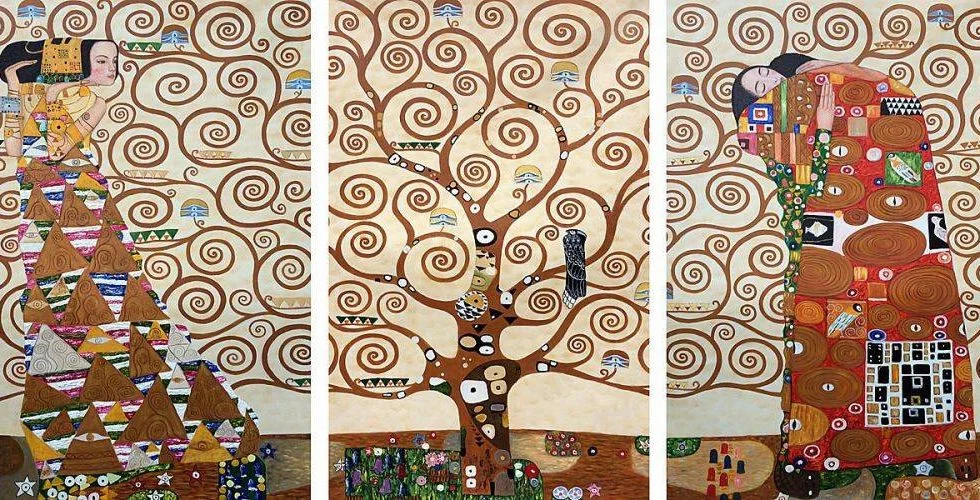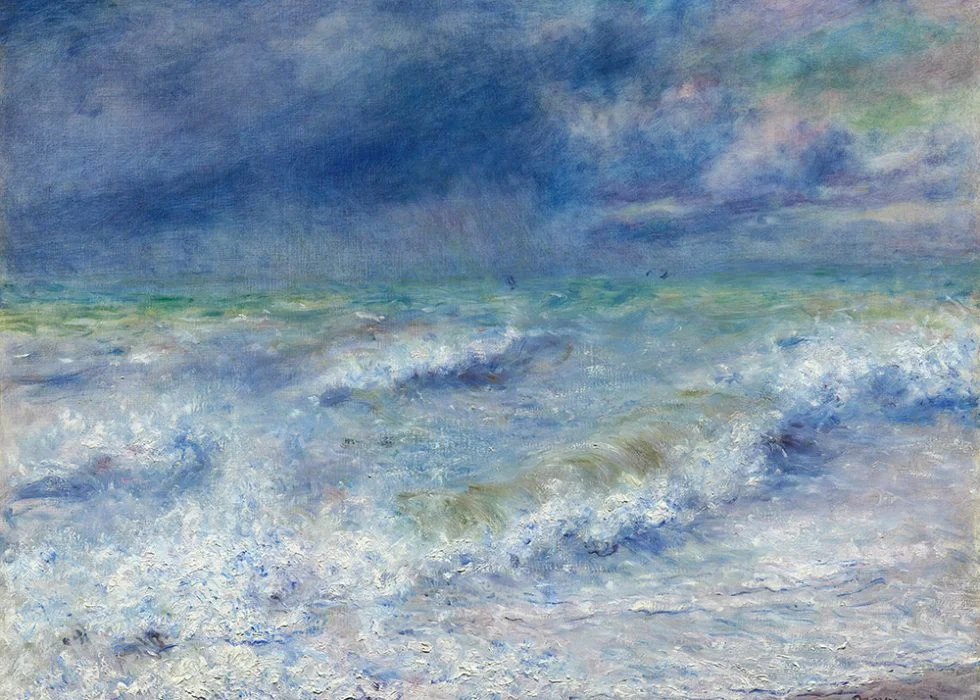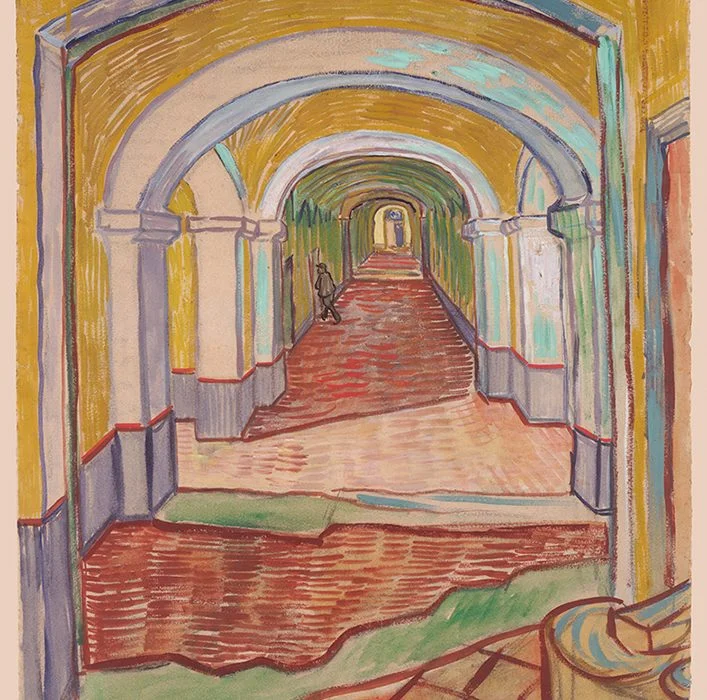Self-Knowledge • Melancholy
How History Can Explain Our Unhappiness
When trying to understand why we might be feeling unhappy, we tend to be drawn to reasons relatively close to home: we might zero in on issues to do with friends, relationships, health, jobs, families or schedules. What we tend not to do, however, is to start talking about our place in history; it would sound overblown or plain bizarre to begin to pin a sizeable share of our difficulties to broad historical and sociological forces. It’s our personal failings and intimate dilemmas that we principally look to to explain our weary or troubled spirits.

Yet whatever role our psyches and our families and colleagues might be playing in our moods, a proper understanding of our situation cannot be complete without consideration of the highly peculiar and novel era in which we exist. We are troubled in part because we dwell in highly unbalanced times:
1. Transcendence
At the centre of all premodern societies were powers that helped to put humans in their place: older, bigger, stronger, holier phenomena, perhaps a god, a natural energy or a spirit. However important humans might have felt, however grand the aristocracy or important the news of the day, people knew that they were not the measure of all things, that above and beyond the earthly realm, there was something else – more mysterious, imposing and strange – to which they would all regularly have to bow and which would relativise them in one another eyes. The fanciest king was nothing next to a thunderous god; the mightiest invention pathetic next to an angry sea.
But we humans are now the most astonishing things we can conceive of: it’s our momentous doings, our intelligence, our incomprehensibly wondrous technologies that mesmerise us and are at the centre of collective consciousness. God has died and nature is to be pitied and patronised like a wounded once-proud animal. We have lost any redeeming sense of our own unimportance.
2. Expectations
We are at the same time – each one of us – told that repeatedly that we could do and be anything. We might – with sufficient hard work – assume the presidency, unlock a major scientific secret or become known to the entire planet through our athletic or artistic prowess. We are also thereby subtly informed that only a very special destiny is valid. There is no dignity left in a so-called ordinary life, there can be nothing to celebrate in an unheralded, unknown existence. We cannot live quietly and be in bed by nine. We must become someone – or else look on with envy and rage at those who have evaded the perils of mediocrity.
3. Media
We used to know almost nothing of what happened beyond our own valley or shoreline. Life went by so slowly that we were often – without appreciating how much this kept us sane – a little bored. Now no bloodshed, scandal, upset or peril can occur anywhere on the planet without us hearing of it in minutes – and we are as a result in a state of continuous unrest and alarm, unable to set anything negative in context, unsure of how to evaluate our species, terrified to trust or speak to a stranger, constantly feeling that we are leading the wrong lives. We know everything – except the less perceptible things that really matter. Our attention is drawn only to our discords, our spitefulness and our cruelty. We have been stripped of opportunities to contemplate older, slower currents, to draw inspiration from dawn, the murmurings of doves or robins or the barks of ancient trees that speak of time measured in centuries.
4. Isolation
We have been sold the idea that the one solution to our loneliness lies in Romantic love. We therefore search with frantic abandon in the lonely concrete canyons of our modern megalopolises for one very special being who can be everything to us: best friend, sexual partner, playmate, kindergarten teacher, cook, chauffeur etc. And then, when (inevitably) we cannot find them, we perceive ourselves as having been uniquely cursed. We misunderstand the generality of the problem – and miss the solace available in the less urgent and prestigious realm of friendship; in distributing our needs more equitably among a whole community, none of whose members need to answer to the whole of anyone’s longings. We’ve been rendered exceptionally lonely by the cruel notion of a soulmate.
4. Work
We could – back then – stand away from our work and see something substantial and solid that we had made: a chair, some horseshoes, a house. We now occupy ourselves on tasks that have been infinitely subdivided and thereby lost most of their wider logic. We carry professional titles like logistics controller, automation specialist or human resource manager that show us up as minute cogs in dauntingly complicated engines. We may be richer than ever; we struggle to see what difference we could possibly make to anyone else’s life.
5. Self-Discipline
All the while, we lose ourselves in temptations which our evolutionary past leaves us defenceless against. Because we were programmed to eat any sugary thing – a rare blackberry or apricot – that came our way, we now cannot resist the plethora of satanic temptations on offer on every street corner. Because in our old villages we might have seen one or two fertile people a day, we now can’t stop looking at our digital processions of the unclothed. We have no willpower to resist the pitiless delights of the modern world.
It is hard to reverse any of the pressures we have been placed under. But even if we cannot, knowing that these exist helps us to locate with greater fairness the origins of many of our troubles. We are not uniquely or personally awful, frantic, greedy or degenerate. We are under historically exceptional pressures. To know ourselves properly is to honour how much of our madness does not belong simply to us.


























